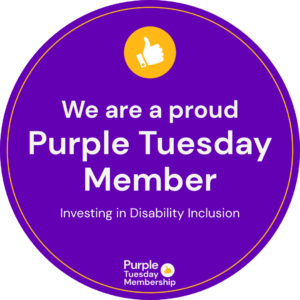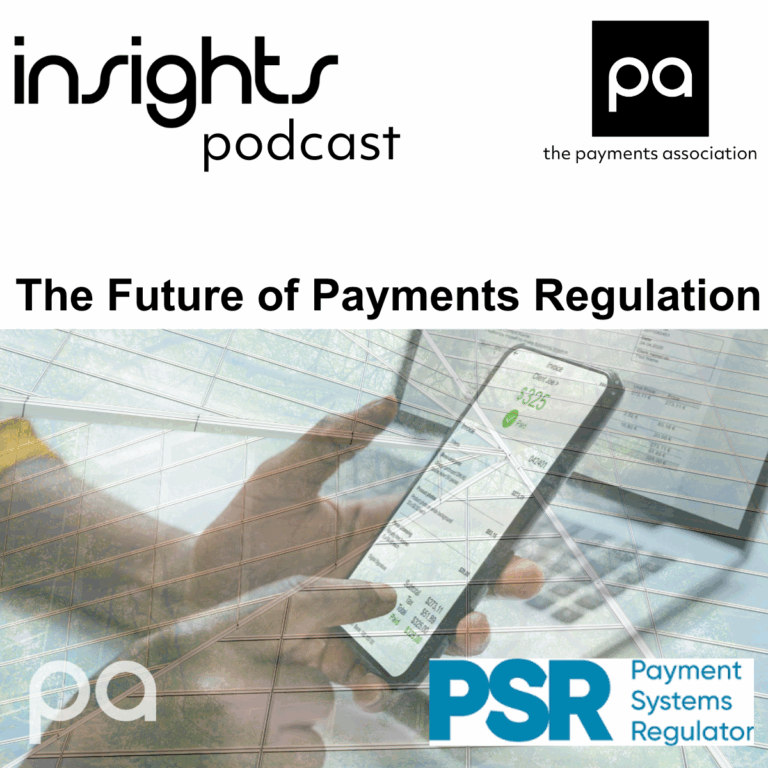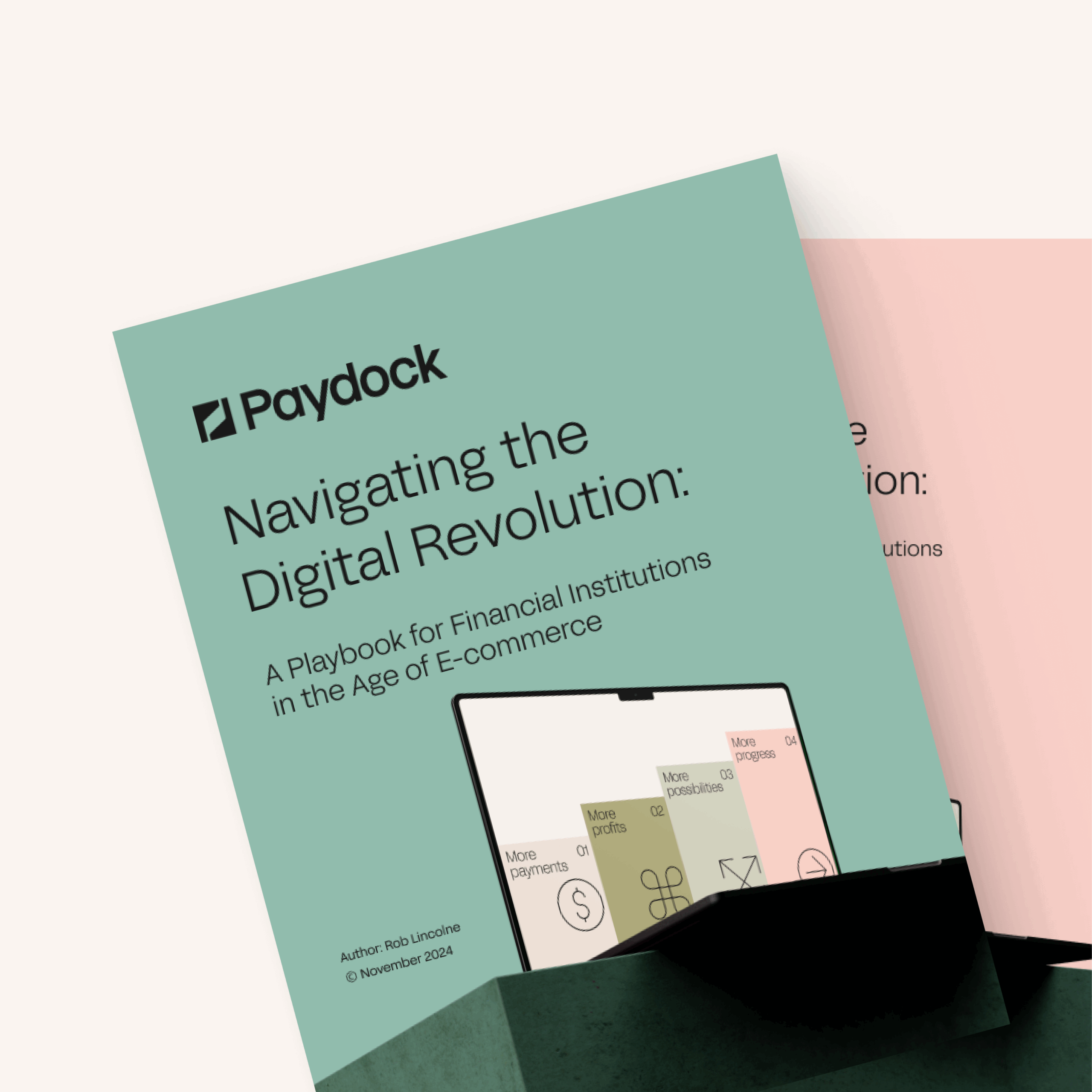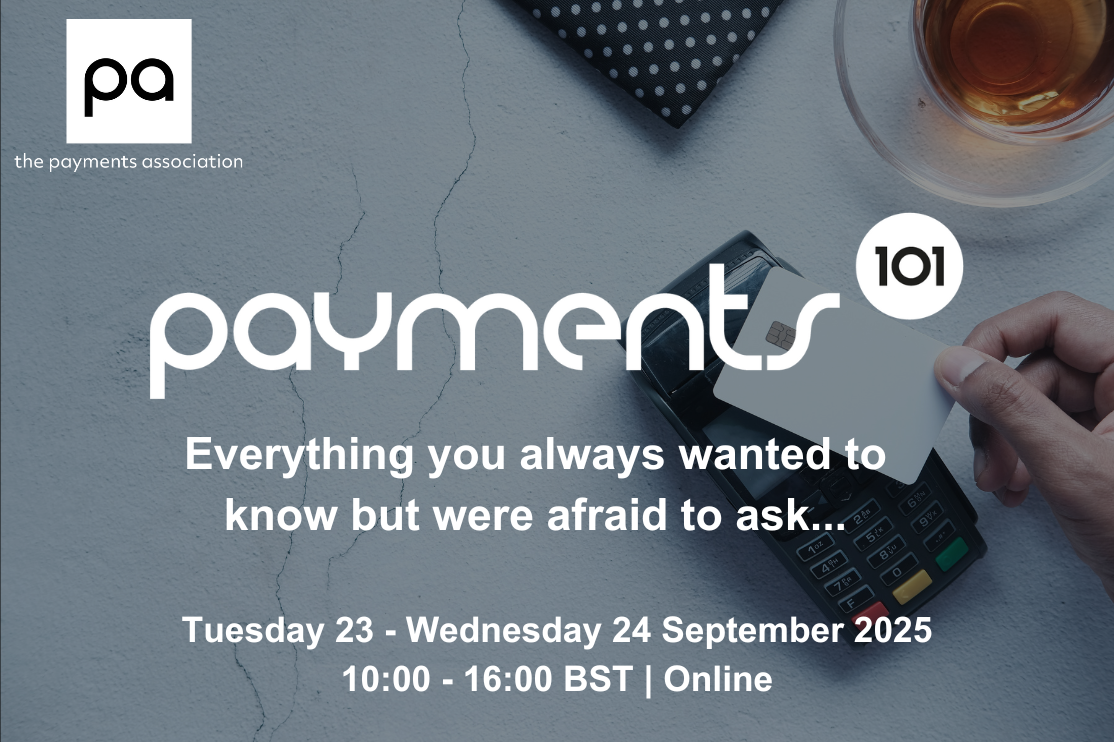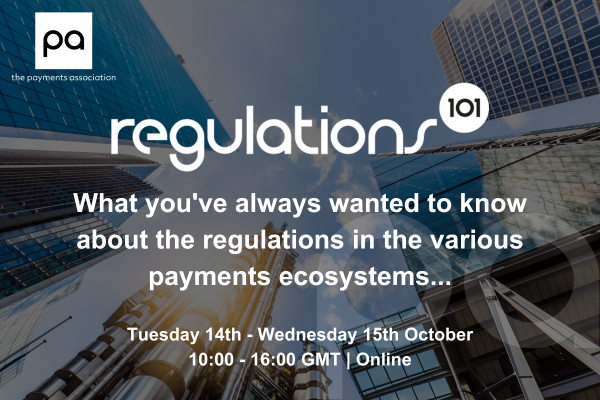Payments firms have the potential to unlock transaction data to infer a lot about global ESG impacts and drive real change across environmental, social and governance goals. Carbon accountability is coming and companies need to choose a strategy.
What is this article about? How payments companies/professionals can and should be embedding ESG values into everything they do.
Why is this important? Consumers, investors and employees all frequently say ESG/sustainability is the most important issue to them and it is not going away. All businesses must think about their ESG strategy to avoid becoming uncompetitive.
What’s next? Regulation and controls. Sources say regulators will want to ensure data is used responsibly for ESG purposes. The next big steps are likely to be dictated by regulation.
Not a day goes by without a news story, major report or survey stressing the importance of sustainability principles to society. It is no longer excusable for businesses in any market or sector to ignore – and payments is no exception.
Mentions of environmental, social and governance (ESG) in banking and payments company filings grew by 39% in the first quarter of 2022 and the fourth quarter of 2021, compared to the same period the previous year, according to GlobalData.
In fact, payments companies are uniquely positioned to help drive sustainable practices across societies because payments touch all elements of the value chain, no matter what is being bought or sold, says Mateo Urquijo, head of strategy at allpay. “Multiply that by billions or trillions of transactions a year and you have a huge data set conveying total end-to-end touchpoints,” he says.
“Payments are definitely more of a utility within financial services – they’re not necessarily at the forefront of the most exciting things happening. But everybody touches it. Harnessed correctly, transaction data could enable a payment network to infer a lot about global ESG impacts,” adds Urquijo.
According to Yousif Mohammed, head of ESG and emerging solutions at JP Morgan Payments, the industry has to think about more than just moving cash from A to B. “It’s also about moving data around – that’s a core competency for us,” he says.
According to Mohammed, access to ESG data can be disjointed. “The next step for payments companies has to be improving that and creating the tools that enhance transparency and enable decision-making,” he says.
How to approach ESG and sustainability
How else should payments providers – from the one-man-band start-ups to the high street banking giants – be thinking about ESG and sustainability today?
There are two central prongs:
- internal governance that ensures businesses are doing right by their consumers, which is particularly important for an industry that handles such huge volumes of personal data, and
- the customer-facing, product innovation side.
Of course, the two are intrinsically linked. For example, financial inclusion and literacy is a major theme, and must be tackled both internally and externally.
“I see payments having the biggest impact in the social space for this reason,” says Urquijo. “As we move increasingly towards digital payments, we run the risk of leaving behind the most vulnerable. So, we are working closely with clients and government to ensure we can offer channels and continue to innovate for everyone.”
The huge range of customers served by payments companies means these firms can have a whole range of different ESG impacts. Where they choose to focus their energy must be an internal business decision. Nowhere is this truer than at a major global bank like JP Morgan, says Mohammed.
Within ESG, JP Morgan’s work runs the gamut from complicated supply chain financing structures for electric vehicle manufacturers, to early wage access to help individuals cope with the cost-of-living crisis.
Do you need to reinvent the wheel?
Oli Cook, CEO and co-founder of London-headquartered fintech Ekko, which uses payments data to empower customers to make better choices with post-purchase prompts and nudges, says the main thing major incumbent banks and payments companies can and should be doing is partnering with smaller innovative companies to provide consumers with better choice.
“The number one thing we should all be doing is collaborating with and speaking to others in the industry who are doing it already,” Cook says.
There are many start-ups and scale-ups like Ekko that have already done the hard work developing the technology to embed sustainability into existing business models. Incumbent businesses should be taking advantage of this work by exploring partnerships with these companies, rather than looking to reinvent the wheel themselves.
Mohammed admits that banks have not historically been particularly good at this, but that is now changing. This is largely because of initiatives like Open Banking and the broader cultural shift it has prompted.
“We’re now much more open to doubling down on what we’re good at and working with other partners. It gives you a more stable product, faster speed to market, and a much better customer experience,” says Mohammed.
Aside from the individual responsibility to planet and people that we all have, fundamentally, payments companies should care about ESG and sustainability because numerous studies show that customers, investors, and employees increasingly care about these issues.
The rapid growth of digital banking in recent years has seen fintechs, which were once dismissed as niche upstarts, become integral parts of the UK banking scene. This has left the big commercial scrambling to catch up. It provides a valuable lesson in the cost of not moving quickly enough.
“I truly believe that all consumers and businesses you interact with in the future will demand carbon accountability. It might be in five years, or it might be in 10 or 15,” says Cook. “Companies can’t risk losing business for that reason, so you’ve got to start thinking about this now.”

